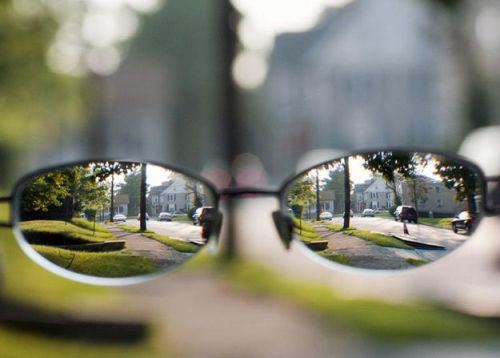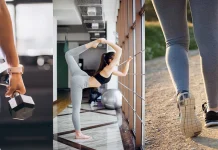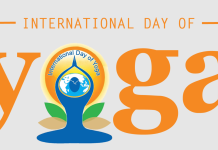Twenty years ago, most children spent their time playing outdoors, cycling around, playing football and jumping rope in the park. These days, they are more likely to stay inside with their gadgets, or too busy with courses and extracurricular activities.
And according to new research, this shift of habit is damaging children’s eyesight. This is as as wrongfully assumed, not caused by the time spent in front of LCD monitors—but rather the lack of sunlight.
Scientists at the London School of Hygiene and Tropical Medicine have found that more exposure to ultraviolet B (UVB) drastically reduces the risk of developing nearsightedness or myopia. The researchers said that children need to spend more than an hour and preferably at least two hours a day outside to help prevent myopia from developing and progressing.

Myopia is a complex trait influenced by numerous environmental and genetic factors, and is becoming more common worldwide. Person with myopia will have problem in seeing distant objects. Distant objects are blurred, while closer objects can be seen clearly.
Following on from previous research, a team led by Dr Astrid E. Fletcher of the London School of Hygiene and Tropical Medicine conducted a research to find the link between UVB and myopia. The researchers found that an increase in UVB exposure at age 14 to 19 years and 20 to 39 years was associated with reduced odds of myopia.
The unique finding from the research was, supplements such as vitamin D serums (which a common sense that it’s the greatest thing of sunlight), could reduce risk, but they found no association. It is also revealed that those with the highest level of education had twice the odds of myopia. Go figure!





